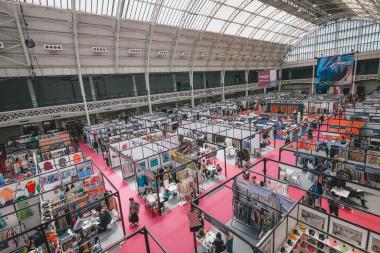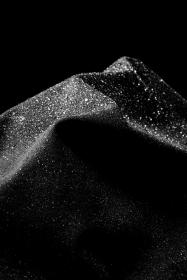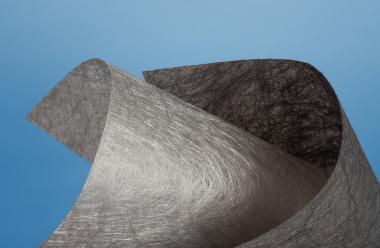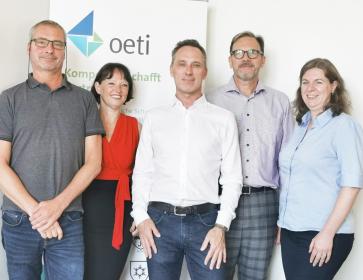Kelheim Fibres and Santoni win ITMF International Cooperation Award 2023
Kelheim Fibres GmbH and the Italian textile machinery manufacturer, Santoni Spa, were honoured with the ITMF International Cooperation Award 2023 during the ITMF Annual Conference in Keqiao, China. This recognition by the International Textile Manufacturers Federation (ITMF) acknowledges outstanding achievements in international collaboration within the textile industry in alignment with the values of the 17 Sustainable Development Goals (SDGs) of the 2030 Agenda for Sustainable Development.
Together, Kelheim Fibres and Santoni have developed a sustainable period panty, built upon advanced machine technology and high-performance viscose fibres.
Santoni's specialized machinery enables a reduction in fabric waste, or even the potential for entirely waste-free production. Simultaneously, it enhances production efficiency, leading to cost savings. Kelheim Fibres' wood-based specialty fibres, such as the trilobal Galaxy® and the hollow Bramante fibre, replace synthetic materials in the absorbent core of the menstrual underwear. They offer excellent performance and reliable protection for the wearer.
Kelheim Fibres Santoni ITMF International Textile Manufacturers Federation Award Sustainable Development Goals
Kelheim Fibres GmbH
































